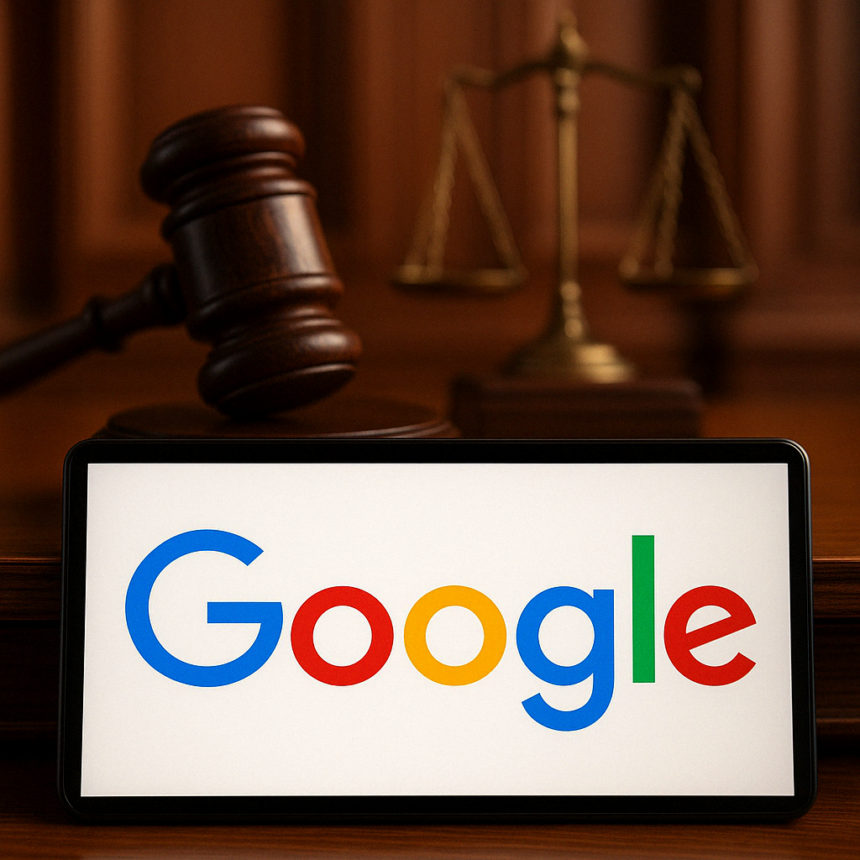Google, the tech giant that dominates the online advertising space, has officially been deemed an illegal monopoly by a U.S. federal judge. The April ruling by District Judge Leonie Brinkema, closes a battle in the ongoing war between the U.S. government and Google. The case centers on Google’s role in digital advertising and how its practices have allegedly monopolized key areas of the internet ecosystem, such as the ad server and publisher ad exchange market. The ruling potentially redefines digital advertising, creating a ripple effect across businesses and consumers.
What’s Happening & Why This Matters
In the landmark ruling, Judge Brinkema found that Google had built and maintained monopoly power in its advertising business by tying its ad server and publisher ad exchange together through contractual policies and technological integration. According to the Justice Department, these actions allowed Google to establish and protect its dominant position in the market, giving it an unfair advantage over competitors.
This ruling is the second time Google has been found guilty of monopolistic behavior in less than a year. The first ruling came in late 2023 when a federal jury determined that Google’s app store practices were anti-competitive. These decisions showcase the growing legal pressure on Google and its potential to face sweeping penalties that could dramatically alter how it operates.
The case has centered on Google’s advertising infrastructure, which has been built over the past two decades. A key moment in developing this infrastructure came with Google’s acquisition of DoubleClick in 2008. This purchase gave Google an even greater hold over online advertising, allowing it to control much of the technology that powers advertising on countless websites.
Despite the ruling, the Justice Department did not win on all its claims. For instance, the court found that Google’s advertiser tools and acquisitions, such as DoubleClick, did not harm competition. However, the ruling sided with the Justice Department on the issue of Google’s publisher tools, finding that they have harmed competition and benefited Google at the expense of rivals.
The ruling could have wide-reaching consequences for the future of digital advertising, especially considering that many businesses have described Google’s ad tech tools as simple, affordable, and effective. In response to the decision, Google has expressed disagreement, announcing plans to appeal the ruling. The company’s vice president of regulatory affairs, Lee-Anne Mulholland, stated that publishers have many choices when it comes to ad tech tools, and they choose Google because of the effectiveness of its products.
This legal battle is just part of a more considerable effort to check the power of the largest tech companies like Google, Apple, Meta, and Amazon. The U.S. government, along with other regulators around the world, is ramping up efforts to curb these giants’ monopolistic behaviors. As the case progresses, it could have global implications for digital advertising and beyond.
TF Summary: What’s Next
The ruling is part of a greater legal saga for Google, and it’s expected to be challenged in the courts. With ongoing appeals, the case’s future remains uncertain. Google’s next steps likely include a penalty phase, where potential remedies will be discussed. While Google is expected to push back on the ruling, the Justice Department will continue to seek ways to ensure that Google’s advertising practices do not stifle competition.
As scrutiny increases from regulators, this case may outline actions against future monopolistic practices.
— Text-to-Speech (TTS) provided by gspeech


